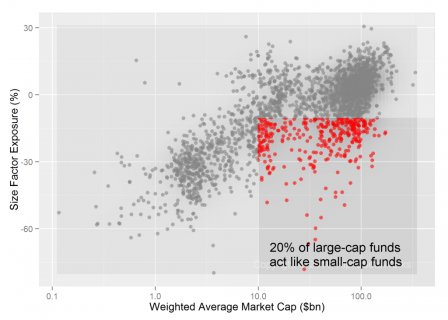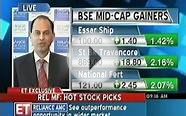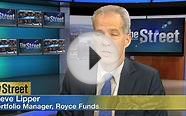
Small cap stocks have a bad reputation. The media usually focuses on the negative side of small caps, saying they are risky, frequently fraudulent and lacking in quality that investors should demand in a company. Certainly these are all valid concerns for any company, but big companies (think Enron and Worldcom) have still fallen prey to issues of internal fraud that virtually destroyed shareholder interest. Clearly, company size is by no means the only factor when it comes to investors getting scammed. In this article we'll lay out some of the most important factors comprising the good and the bad of the small-cap universe. Knowing these factors will help you decide whether investing in smaller-capitalized companies is right for you. (For background reading on the benefits of small caps, see .)
Tutorial: Top Stock-Picking Strategies
Background
Before we get into the pros and cons of small caps let's just recap (no pun intended) what exactly we mean by small cap. The term refers to stocks with a small market capitalization, between US$250 million and $2 billion. Stocks with a market cap below $250 million are referred to as micro caps, and those below $50 million are called nano caps. Small-cap stocks can trade on any exchange although a majority of them are found on the Nasdaq or the OTCBB because of more lenient listing requirements.
Interesting facts
Additional information

















